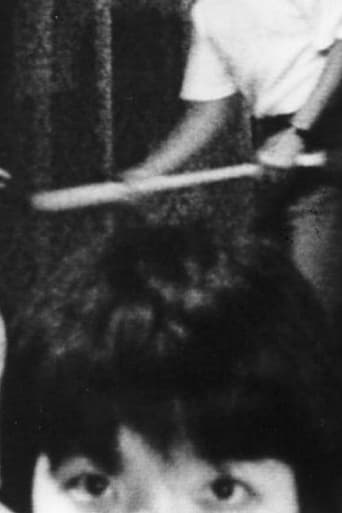
Result for "The Way Back"

The Milky Way
1964, a village in Galilee. The Mukhtar collaborates with Israeli military rule. Someone is forging work permits, and the Mukhtar's son and a steady metalsmith, Mahmud, want to marry the same woman. These story lines cross when the village teacher is arrested and jailed for the forgeries, with the Mukhtar's approval. Mahmoud discovers who the real forger is and goes to the Mukhtar, whose son assumes Mahmud has come to denounce him. He sets off to burn down Mahmoud's house; tragedy follows. At Mahmud's side through his troubles is Mabruq, the village fool who, like others, particularly a young woman named Jamilah, still suffers from witnessing horrors in the 1948 war.
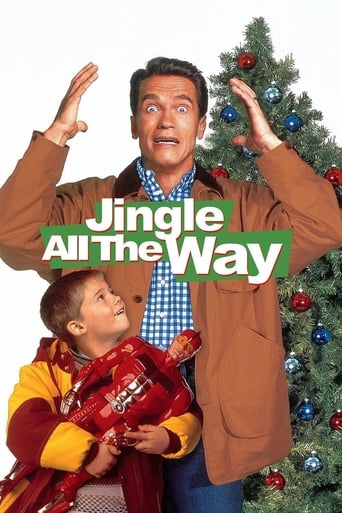
Jingle All the Way
Howard Langston, a salesman for a mattress company, is constantly kept busy at his job, disappointing his son. After he misses his son's karate exposition, Howard vows to make it up to him by buying an action figure of his son's favorite television hero for Christmas. Unfortunately for Howard, it is Christmas Eve, and every store is sold out of Turbo Man. Now, Howard must travel all over town and compete with everybody else to find a Turbo Man action figure.
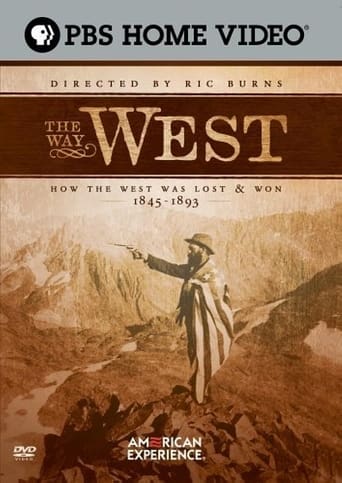
The Way West
Director, Writer, and Producer Ric Burns’s THE WAY WEST, a six-hour documentary series chronicling the way the West was lost and won between 1845 and 1893, broadcast nationally on PBS in May 1995 as part of WGBH’s American Experience. The film looks at the final decades of the American frontier from the time of the Gold Rush until after the last gasp of the Indian wars at Wounded Knee. Newsweek called THE WAY WEST “a masterly piece of nonfiction, less a documentary than a tragedy in four 90-minute acts,” and the Los Angeles Times described the series as “simply a breathtaking masterpiece of history television.”

Vukovar: The Way Home
The story follows a group of Croatian refugees who have been forced to leave their hometown of Vukovar by Serbian forces during Croatia's struggle for independence. The people are settled at a railway station in a village near Vukovar, where they live in a train which is adapted to serve as a temporary accommodation.The situation grows dim as the date of their return proves to be uncertain, and the lives of the survivors and refugees becomes more and more complicated being burdened by PTSP and strong feelings of hope to return to their homestead.
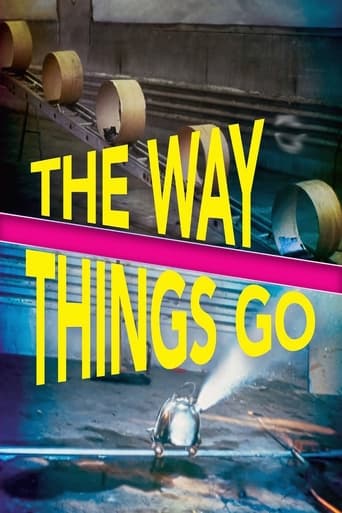
The Way Things Go
Artists Peter Fischli and David Weiss create the ultimate Rube Goldberg machine. The pair used found objects to construct a complex, interdependent contraption in an empty warehouse. When set in motion, a domino-like chain reaction ripples through the complex of imaginative devices. Fire, water, the laws of gravity, and chemistry determine the life-cycle of the objects. The process reveals a story concerning cause and effect, mechanism and art, and improbability and precision, in an extended science project that will mesmerize the mind.
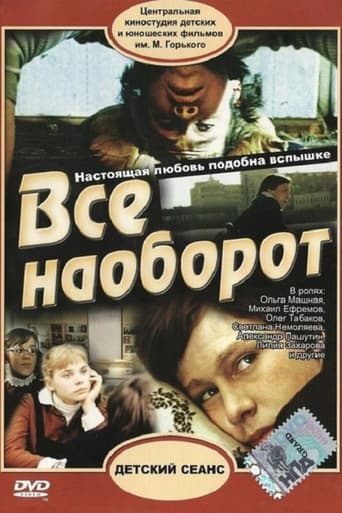
Everything's the Wrong Way
A story about a guy and a girl who decided to get married.They want to have their own place and live without parents. They search for apartment to live together because they can't live without each other, they're seriously falling in love, but parents are getting tougher to deal with and they forbid her to see him. He comes up with a plan to sneak into her house pretending to be her English girl-teacher named Olga with two long braids and funny voice...
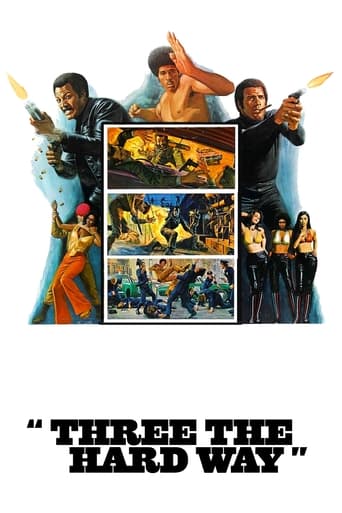
Three the Hard Way
A record producer, a PR man, and a black belt in karate foil a white supremacist plot to poison the water supply.
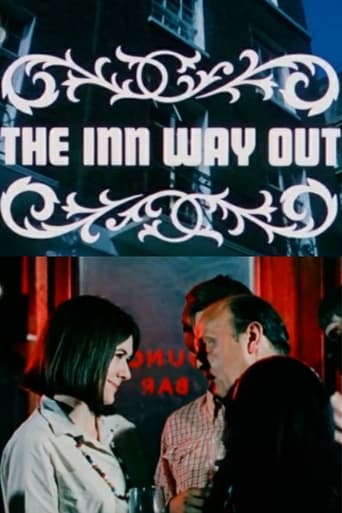
The Inn Way Out
A man encounters all sorts of strange places and people when he goes out for cigarettes.
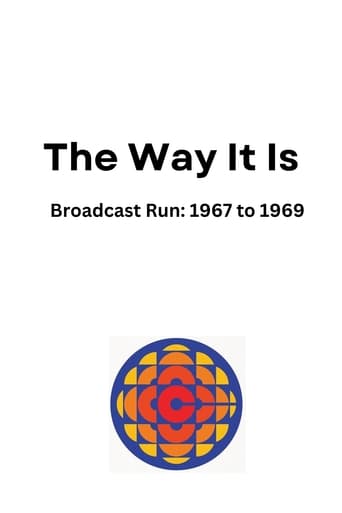
The Way It Is
"The Way It Is," a Sunday night one-hour show, aired from September 1967 to June 1969. Under the executive production of Ross McLean, following the success of similar CBC programs, it attracted up to 60 contributors, aiming to challenge viewers with compelling content. Hosted by John Saywell and Barbara Frum, who honed her interviewing style here, it featured Patrick Watson, Warren Davis, Percy Saltzman, Ken Lefolii, Peter Desbarats, and Moses Znaimer. Segment producers like Perry Rosemond and Peter Herrndorf worked on the show, which covered diverse topics via studio interviews, music, commentary, panels, and documentaries. While not pushing controversy, it contributed to national dialogue. Notable productions included documentaries on airline safety and Vietnam, setting a serious tone for its era. Its influence extended to later CBC shows like the fifth estate and The Journal.

